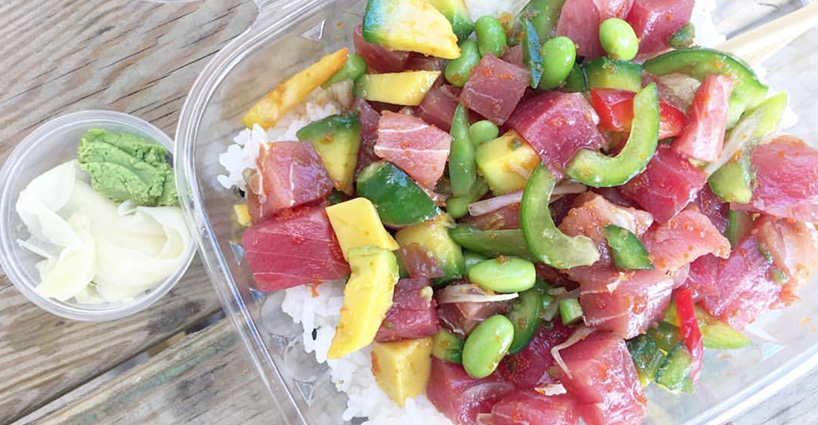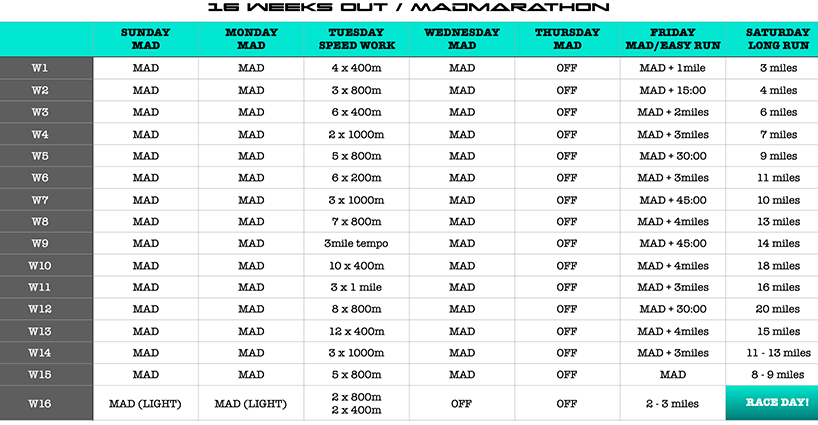The topic of post workout nutrition seems to be somewhat of an enigma, leaving people confused about the “why”, the “what”, and the “when.” For simplicity’s sake, let’s start with the following statement: Post workout nutrition is critical in the scope of recovery and performance – particularly when strength training makes a regular appearance in your routine.
Post Workout Nutrition at a Glance
We often see clients become frustrated with plateaus or declines in pursuit of three core fitness-related goals: performance, body composition, and/or recovery. While these areas are not mutually exclusive with post workout nutrition, there is an impactful correlation.
Post workout nutrition serves a handful of purposes, but primarily, it:
- Replenishes glycogen reserves
- Decreases protein breakdown and deficits
- Revs up protein synthesis
In less nutri-nerdy terms, you can count on a solid, well-composed post workout meal to:
- Replenish your energy storage (enhance performance)
- Repair tissue damage (aid recovery and reduce soreness)
- Maximize muscle growth (support body composition goals)
The “WHAT”
Though some crave the science behind nutritional practices, the basic information surrounding WHAT a post-workout meal should consist of is what likely interests most of you. I’ll start with simplicity: protein and carbohydrates.
Here are some #MADlifestyle approved post workout protein and carb choices:
Protein
- SFH Whey Protein
- Lean cuts of meat/poultry
- Seafood
- Organic deli meat
- Jerky
- Eggs or egg whites
- Cottage cheese
- Greek yogurt
Carbohydrate
- Fruit juice or coconut water
- Fresh, frozen, or dried fruit
- Potatoes (white or sweet)
- White rice
- Bread, bagels, English muffins
- Oats
- Cream of rice
- Gummi bears
For muscle retention or growth, I typically recommend sticking with 1 serving of protein matched with 1 serving of carbs (keep in mind your “1 serving” will probably look different than your neighbor’s). For example, 3-4 ounces of lean protein with 1 cup of starch (I’m a sucker for white rice) would be a very effective post workout portion for an active, 150-pound woman whose goal is to maintain lean muscle mass.
The “WHY”
Why protein? When we subject ourselves to intense bouts of weight-intensive training, we create tiny tears in our muscle tissue (“protein breakdown”), which require immediate attention to repair and construct new proteins (“protein synthesis”). Essentially, we want nurture and feed our muscles after an intense training session to enable growth, as this compounding tissue damage is what makes us stronger provided we properly nourish ourselves post workout.
What about carbs? Aren’t they the worst thing ever?! No. They’re amazing, and we need them. Carbs are our body’s preferred source of energy, and we promise you’re not going to gain a bunch of weight from making eye contact with a bowl of rice.
When you train, your body also taps into its glucose (available energy) and glycogen (stored energy) tank to provide sustained energy throughout your endurance or strenght-biased workout…cue carbohydrates. Unless you downed a significant amount of pre-workout carbs or had a carb-rich meal the night before, your body is generally depleted once you’ve completed your workout’s last press, swing, squat, or deadlift.
When you neglect to replenish your energy source immediately after your workout, you run the risk of triggering an excess release of cortisol. Cortisol is the stress hormone responsible for your body’s “fight or flight” response. When it’s released following an intense workout in absence of proper post workout nutrients, your body resorts to gobbling up muscle tissue to convert into glucose (resulting in an even greater net loss of muscle tissue).
So, what we’re saying is: carbs for president!
The “WHEN”
You’ve probably been exposed to the “golden window” analogy, which demands your post workout meal be consumed within a 30-minute window of your workout. Yes, if you can get those nutrients in ASAP, that is optimal. However, unless you’re a serious competitor or elite athlete, one hour is a reasonable amount of time to get in a good post workout meal and still yield the benefits.
In Closing
The practice of post-workout nutrition is one that can adhere to the large majority of lifestyles. In particular, if you find yourself struggling with performance and recovery, we would strongly recommend taking a look at your post workout nutrition habits. While putting in the work is certainly commendable, you won’t reap the benefits of your efforts if you don’t refuel properly.



